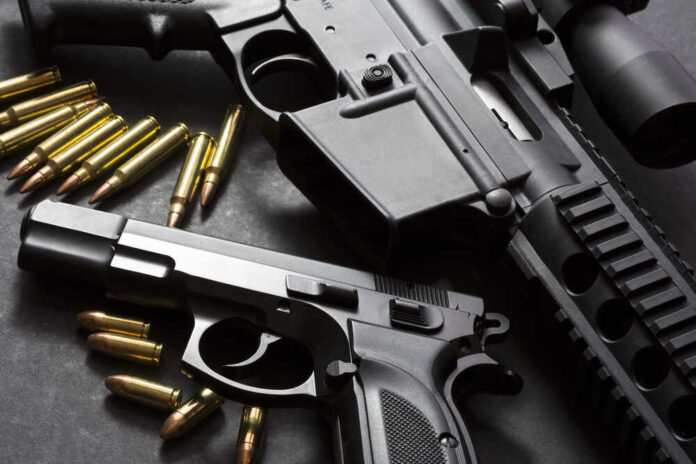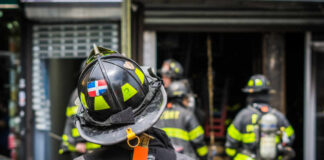
Illinois’ sweeping and likely unconstitutional ban on so-called “assault weapons” was blocked from taking effect by a federal judge on Friday.
Judge Stephen P. McGlynn of East St. Louis stymied the state’s effort against semiautomatic rifles and high-capacity magazines until a lawsuit over the statute is resolved.
The judge ruled that the Protect Illinois Communities Act (PICA) likely runs afoul of the Second Amendment and Supreme Court decisions in the Heller and Bruen cases. He further noted that the plaintiffs will suffer harm without the preliminary injunction.
McGlynn’s 29-page opinion noted that the law was passed in the aftermath of last summer’s mass shooting at the Independence Day parade in Highland Park.
He asked, “Can the senseless crimes of a relative few be so despicable to justify the infringement of the constitutional rights of law-abiding individuals in hopes that such crimes will then abate or, at least, not be as horrific?”
🚨UPDATE🚨
In the Preliminary Injunction ruling for the Illinois so-called "Assault Weapons" Ban and standard capacity magazine ban, U.S. District Judge Stephen P. McGlynn says arm braces are protected under the Second Amendment!
This IL ruling will set precedent in our Pistol… pic.twitter.com/QcIMJ1zxog
— Gun Owners of America (@GunOwners) April 28, 2023
The ruling further asked if the sweeping PICA can even be reconciled with the Second Amendment or the high court’s Bruen decision. He answered his own rhetorical question, saying that this “is the issue before the court. The simple answer at this stage in the proceedings is ‘likely no.’”
McGlynn’s decision came just days after Judge Lindsay Jenkins of the Northern District of Illinois handed down a markedly different conclusion. She denied a motion to halt enforcement of the law, though plaintiffs announced afterwards that they will appeal.
The new law prohibits the manufacture, sale, and possession of over 190 types of firearms along with many grips, stocks, and accessories. It also bans so-called “high-capacity” magazines.”
Referring to the U.S. Supreme Court’s clear guidance in the Bruen case, McGlynn said states have the duty to show that targeted firearms are not in “common use.” They must also establish that the weapons have been regulated historically.
Illinois’ attorneys argued that semiautomatic rifles and high-capacity magazines were not commonly in use when the Second and Fourteenth Amendments were ratified. They used this rationale to claim that banning them was consistent with historical tradition.
McGlynn did not buy this argument.
He said that the state’s logic was “bordering on the frivolous,” and that the high court’s guidance was clear. Justices have ruled that the Second Amendment applies also to firearms that did not exist when the Constitution was written.















